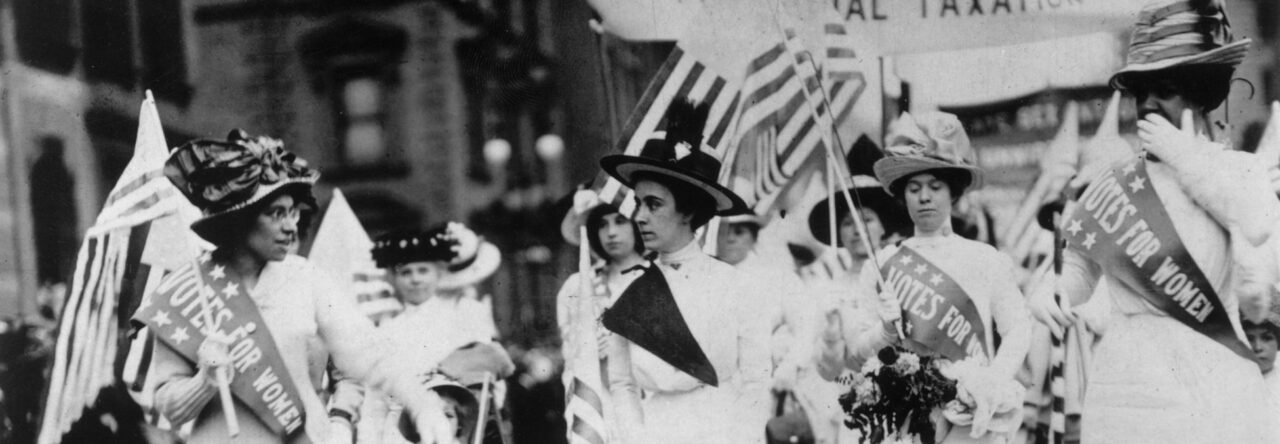“Conscious of my own weakness, I can only seek fervently the guidance of the Ruler of the Universe, and, relying on His all-powerful aid, do my best to restore Union and peace to a suffering people, and to establish and guard their liberties and rights.” – General George B. McClellan
The Election of 1864 was one of the few elections to take place amid a wartime setting. The two candidates were friends on opposing sides. The Republican Party nomination went, of course, to Abraham Lincoln for reelection and he ran under the National Union Party. The Democratic Party went a different route in nominating General Gorge B. McClellan, a “young Napolean” war general and one of the leading men of Lincoln’s Union Army.
The Democratic Party was torn between the War Democrats and the Peace Democrats. This duality placed a certain strain onto the Party, thus dividing it and making it all the more weaker in comparison to the united Northern Republicans. At the Democratic Convention in August of 1864 brought McClellan to the forefront of the Democratic Peace Party, also known as the Copperheads. Though he stood for much of what the political group represented, an immediate cease-fire and negotiation with the Confederacy, McClellan was more pro-war did not agree altogether with the cease-fire. He instead promised a stronger effort for the Union to stop the war in the hopeful near future. Unfortunately for the Peace Party, his pro-war stance worked against the Democratic Party and sent more votes Lincoln’s way. McClellan attempted to keep himself at a distance from the strong anti-war sentiments of the Peace Party. In his acceptance speech for his nomination he wrote, “The Union must be preserved at all hazards.” He did not believe in attempting to bring peace into a country where there was no immediate, peaceful resolution.
As the Election grew nearer, Lincoln’s campaign gained momentum as the McClellan Democratic Party continued to lose supporters. The War raged on in the North and the South. On September 2, Atlanta fell to the Union Army. This victory almost so close to the election date brought further motivation for Republican votes and “boosted Union morale.” Lincoln’s re-election seemed more certain with each passing day.
Finally on Election Day, McClellan realized his loss. It was rather inevitable with the events leading up November 8, 1864. The Republican Abraham Lincoln defeated General McClellan a whopping 212-21 in the Electoral College votes. McClellan won in merely three states, Kentucky, Delaware and his home state of New Jersey. It was a sound victory for Lincoln, as he became only the second president in the history of the United States since Andrew Jackson to be victorious for a second election. On that day, the defeated and, albeit exhausted, General McClellan wrote to his friend, “For my country’s sake I deplore the result, but the people have decided with their eyes wide open and I feel a great weight has been removed from my mind.” On that same day he wrote his letter of resignation from the Union Army. General McClellan went happily into retirement.
The Election of 1864 is significant in the elections of United States history. Not only does it occur during wartime, but it also provides insight into the politics of the Civil War. The race between Lincoln and McClellan was not close. McClellan was placed into a tight spot with his divided party and unique views. Though unsuccessful in his quest, he put up a valiant effort against the popular and famous Abraham Lincoln.


